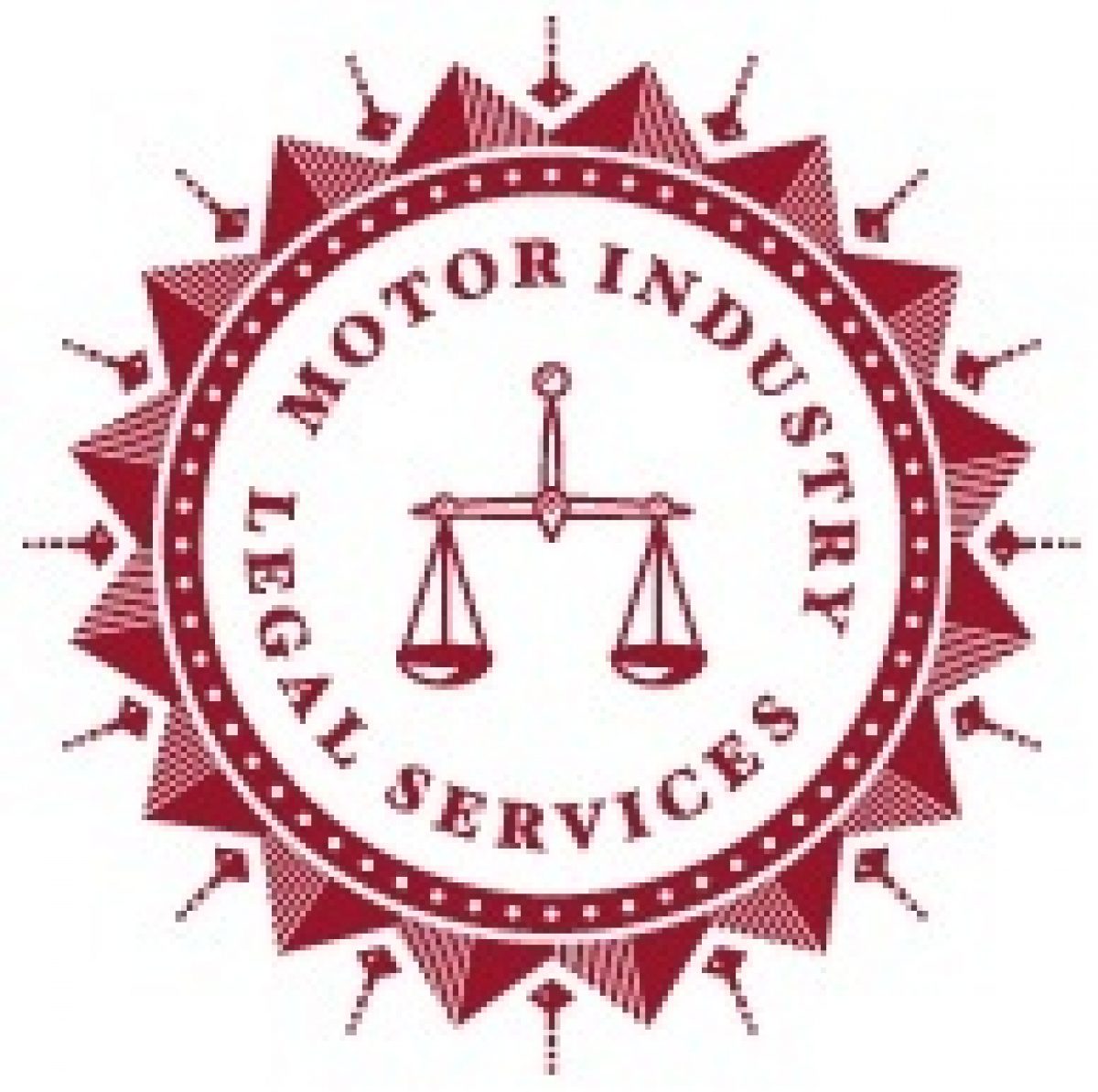
With major sporting events that tend to run over a series of days or weeks, employers could expect to face some of the following issues: requests for annual leave, requests to work from home, sickness absence, increased website usage during work hours (streaming sports, use of social networking sites etc), prolonged lunch breaks, reduced hours, lower productivity and being under the influence of alcohol during working hours. Here are a few pointers to help you deal with any challenges as they arise
What are employee entitlements with regards the World Cup and other sporting events
There is no legal obligation for an employer to provide facilities to enable staff to watch major sporting events or to be more lenient to employees about annual leave or flexible working during these times. However, studies have found that sport and conversations about sport between staff and customers or clients can have a positive impact on morale and mood, improving motivation and productivity in the working environment.
To facilitate this, employers can consider one or more of the following options: allowing flexible working arrangements, relaxing rules on radios and internet access and providing communal facilities to televise the sporting events during designated breaks or after working hours.
In addition, if practical to do so, providing television screens in a designated room (for example a kitchen or staff room), means that employees don’t have to leave work to watch the sporting event which could also minimise the risk of employees pulling ‘sickies’, requesting annual leave at short notice or working from home.
Should I monitor or restrict access to the internet etc…
If an employer does decide to monitor employees’ internet usage then, in addition to implementing a company-wide policy, it should also check whether the employment contracts contain a provision entitling the employer to monitor usage. The absence of a contractual clause could, potentially, lead to a breach of trust and confidence and a claim for constructive unfair dismissal.
You should also consider the impact of data protection when implementing a policy. Before any monitoring is undertaken, it is essential to undertake an impact assessment. Some helpful guidance on monitoring employees is set out in the ICO employment practices code (based on the now repealed Data Protection Act 1998.
Are there any risks I might want to be alert to?
As with all sporting events nationality can become much more important and contentious. Discrimination is prohibited in employment under the Equality Act 2010 and nationality falls within the definition of race so you will need to be alert to potential discriminatory behaviour towards an employee, particularly on grounds of harassment, when passions are high among employees and the use of ‘banter’ may be more commonplace.
You will also need to be careful limiting employees to watching only England matches during working hours as employers could inadvertently expose themselves to legal challenge on the grounds of dis-crimination where the policy does not apply equally to all matches played during a tournament that involve the employees’ respective national teams. Unfortunately, there is no risk-free way of dealing with this issue if the employer wants to have a policy, as any type of restriction on watching games based on an employee’s nationality, or because England is the ‘home’ nation, could give rise to a direct or indirect discrimination claim.
To manage any issues which could arise during major sporting events, implementing a company-wide policy or statement is advisable.
Don’t forget, this advice is general in nature and will need to be tailored to any one particular situation. As an RMI member you have access to the RMI Legal advice line, as well as a number of industry experts for your assistance. Should you find yourself in the situation above, contact us at any stage for advice and assistance as appropriate.
Motor Industry Legal Services
Motor Industry Legal Services (MILS Solicitors) provides fully comprehensive legal advice and representation to UK motor retailers for one annual fee. It is the only law firm in the UK which specialises in motor law and motor trade law. MILS currently advises over 1,000 individual businesses within the sector as well as the Retail Motor Industry Federation (RMI) and its members.
